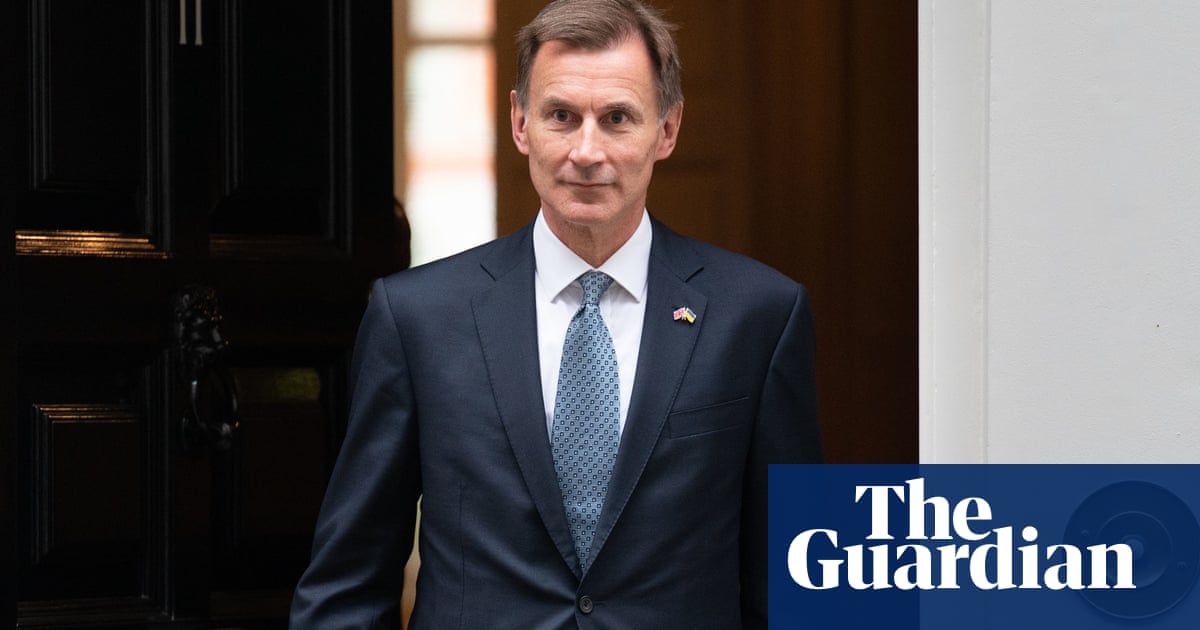
WASHINGTON, Jan 12 (Reuters) - U.S. Trade Representative Katherine Tai signaled on Wednesday that the United States is not rushing to complete a deal to ease tariffs on British steel and aluminum, saying that she will pursue these talks "when the time is right."
Tai, speaking to an online event hosted by the Institute of International and European Affairs, an Irish think tank, said the Biden administration will closely track developments between Britain and the European Union on Northern Ireland border issues. She added that she and President Joe Biden "care deeply about supporting the Good Friday Agreement" that maintains open borders.
She added that the administration was encouraging the UK and EU "to find a solution that is durable and that maintains peace in Northern Ireland."
Tai said it took six months to complete negotiations that led to a steel and aluminum trade deal with the European Union that gives EU steelmakers substantial duty free access to the U.S. market through a tariff-rate quota system.
The USTR has formally started discussions with Japan on the U.S. "Section 232" tariffs of 25% on steel and 10% on aluminum, she said, adding that with the UK, "it"s a matter of pragmatism."
"We just need to have a process that makes sense, but the UK is very much on our minds and I am confident that we will take this up when the time is right," Tai said in response to a question on why Washington has not yet eased tariffs on UK steel and aluminum.
Britain has been eager to engage quickly with the Biden administration to lift tariffs on British metals, with British Trade minister Anne-Marie Trevelyan in December inviting U.S. Commerce Secretary Gina Raimondo to London early in the new year to launch talks.
The Commerce Department has jurisdiction over the Cold War-era trade law that authorized the metals tariffs, but the USTR has played a key role in negotiations over them.
Tai also said that talks with Britain on steel and aluminum will be grounded in the Biden administration"s efforts to deal with global excess capacity for the metals, largely centered in China.
She said that another key priority for the Biden administration is to reduce the carbon intensity of global steelmaking, a provision included in the EU agreement and one that is aimed at China"s heavy reliance on coal-fired steel production.












